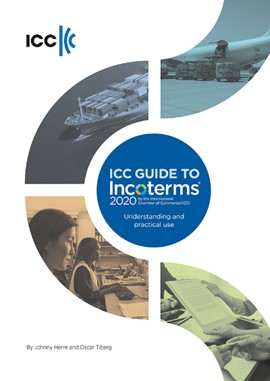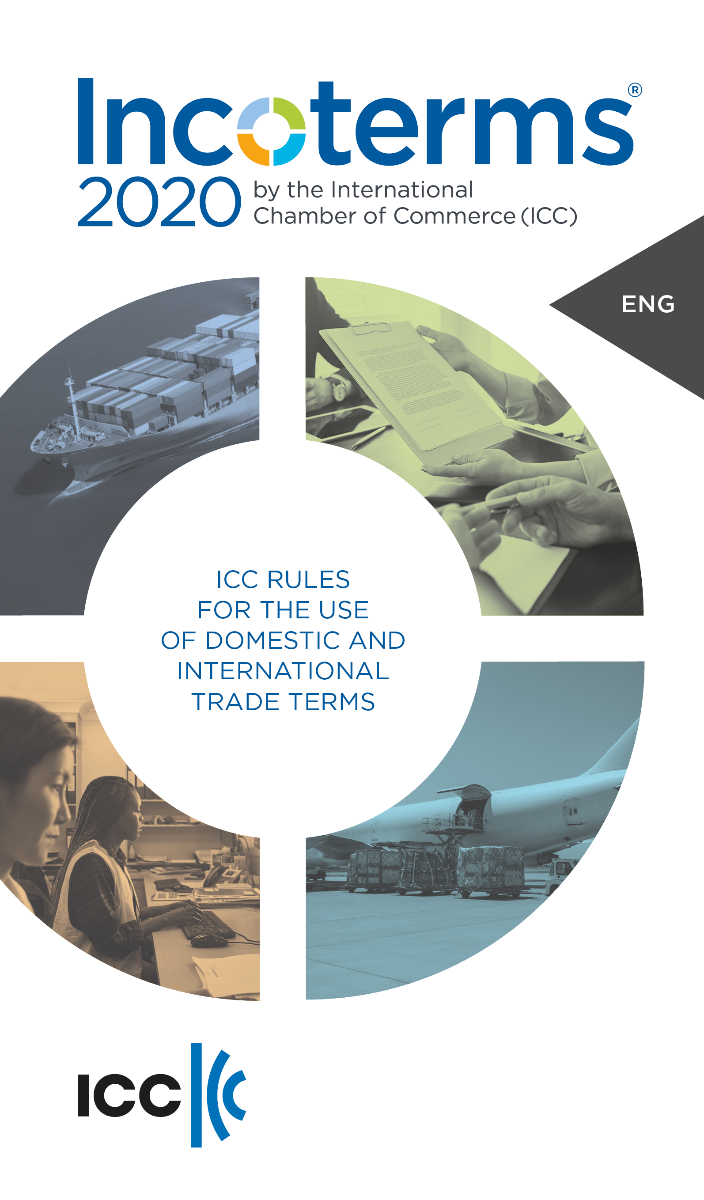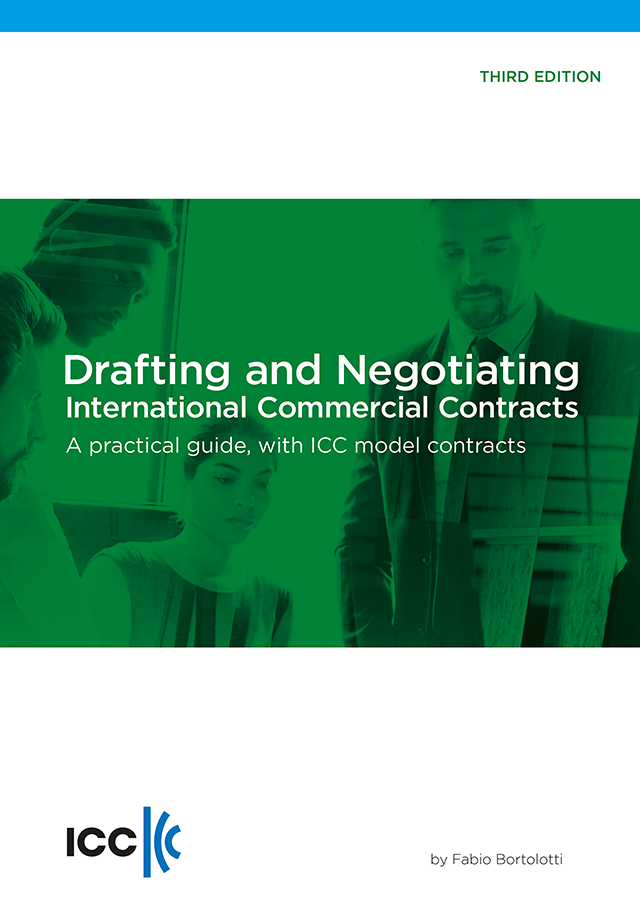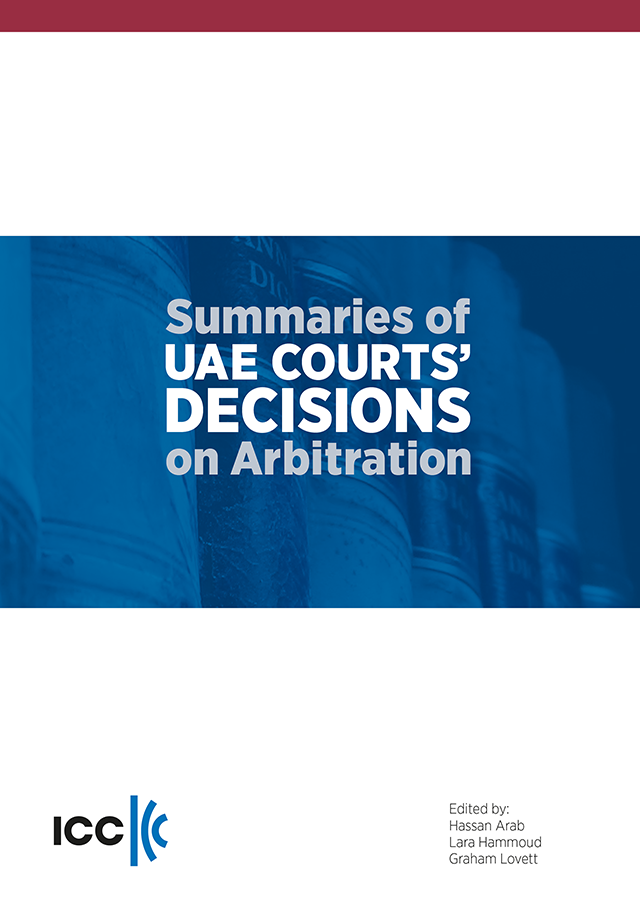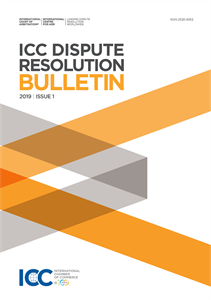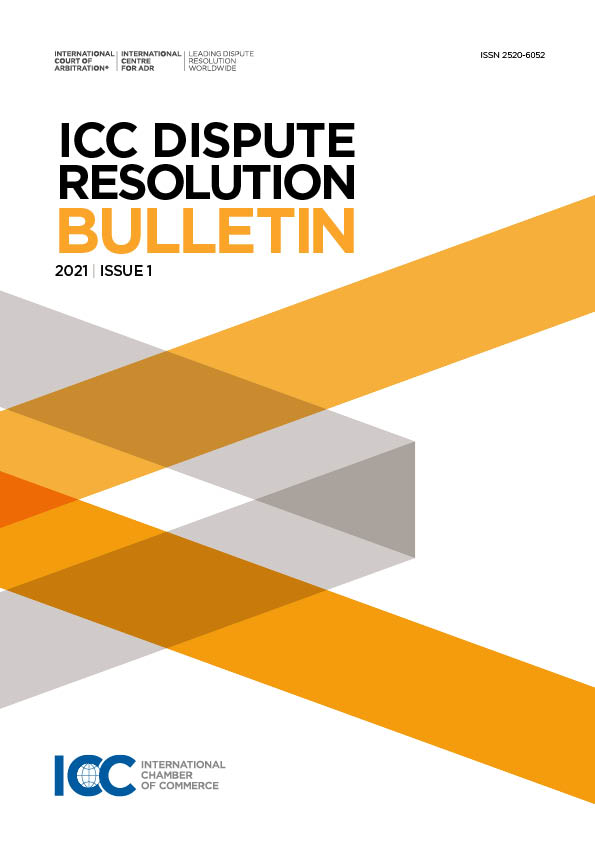
- Explore our products
- Books
- eBooks
- Arbitration
- Mediation
- International trade
- Incoterms
- Model Contracts and Clauses
- Commercial Agency
- Confidentiality
- Consortium Agreement
- Distributorship
- Drafting and Negotiating International Commercial Contracts
- Expanding to new market
- Force Majeure
- Franchising
- Mergers and Acquisitions
- Occasional Intermediary Contract (NCND)
- Sale of Contract
- Start-ups
- Trademark Licensing
- Transfer Technology
- Turnkey Contract
- International Consulting Services
- Trade Finance
- Online training
- Online certificates
- Ethical Marketing & Advertising (EMA)
- IMB NVOCC Bill of Lading (NBL)
- International Trade Certificates
- Certified Trade Finance Professional (CTFP)
- Export/Import Certificate (EIC)
- Incoterms®2020 Certificate
- Certificate in International Trade and Finance (CITF) | LIBF
- Certificate for Documentary Credit Specialists (CDCS) | LIBF
- The Certificate in Supply Chain Finance (CSCF) | LIBF
- Certificate for Specialists in Demand Guarantees (CSDG) | LIBF
- Certificate in Principles of Payments (CertPAY) | LIBF
- Digital Library
- Events
- Free downloads
- View all
- Latest releases
- Best sellers
- Subjects
Hello
Help Centre
Wishlist
- Home
- Overriding Mandatory Rules and Compliance in International Arbitration - Institute Dossier XIX
